Egypt plane crash: Latest disaster must put emphasis back on airport security
Evidence points to an explosive being planted by a perpetrator able to gain 'airside' access to the plance

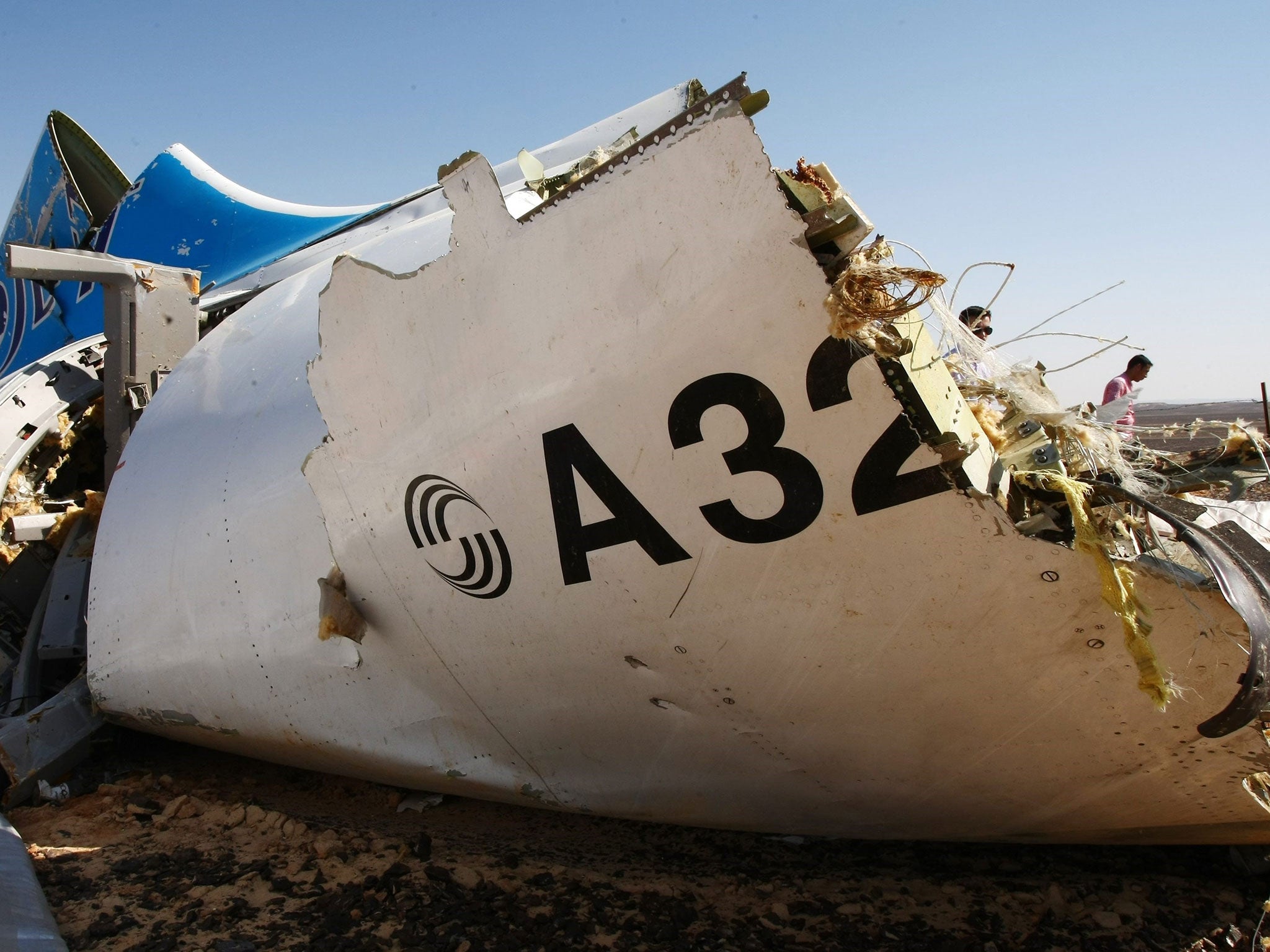
For a time in the late 1970s, I was a member of the security staff at Gatwick airport, frisking passengers before they boarded their flights. It is a job that attunes one to security standards prevailing elsewhere. And in the course of several decades of flying from airports across the world, it has provided a sometimes-disconcerting insight into the opportunities that a terrorist might have for murdering passengers and crew.
The last time I flew out of Sharm el Sheikh, I was disturbed to see that some of the staff seemed more intent on securing tips than the safety of travellers. But inattention at the passenger checkpoints is unlikely to have been a factor in Saturday’s crash. In the past few days, the Russian authorities will have closely scrutinised the passenger list for the Metrojet plane in which 224 people died. They will have cross-checked the manifest with intelligence databases in search of any individual aboard the plane had the profile or motive to bring a bomb on board.
Given the leakiness that Moscow has demonstrated since the tragedy, it is probably safe to conclude they have found no candidates. Neither is there evidence of “no-show” passengers who checked in but did not board.
That leads to the supposition that an explosive was planted by a perpetrator who was able to gain “airside” access either to the aircraft or the baggage-handling system. The British security experts in Sharm el Sheikh will study the airport’s recruitment practices - especially the background checks on employees - and staff access procedures.
At British airports, airside staff and flight crew are screened just as thoroughly as passengers. But if the team finds a culture of allowing workers and vehicles to move freely in and out of the secure area, the UK will want profound changes before normal flights can resume.

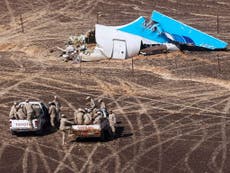
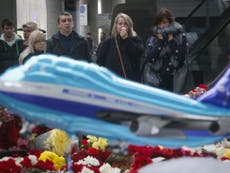
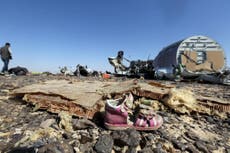
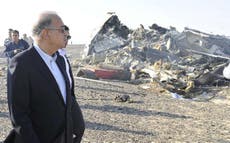
Join our commenting forum
Join thought-provoking conversations, follow other Independent readers and see their replies